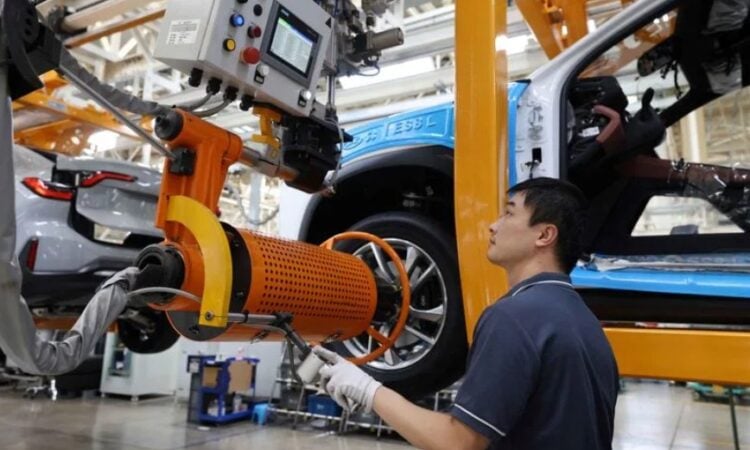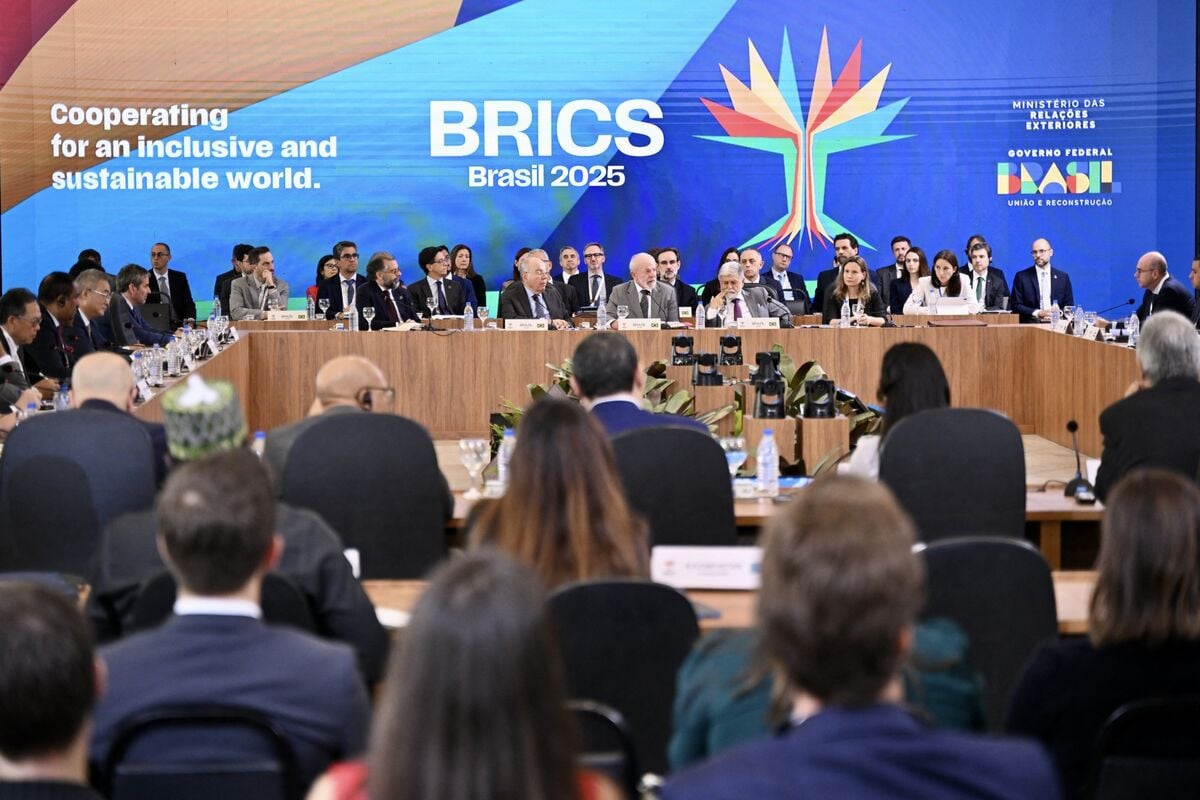Publisher: Maaal International Media Company
License: 465734
China Factory Activity Expands Before Expected Trump Tariffs
China’s factory activity expanded at the fastest pace in a year in March, welcome news for the world’s No. 2 economy before expected US tariffs that could further strain trade ties, Bloomberg reported.
The official manufacturing purchasing managers’ index was 50.5, versus 50.2 in February, the National Bureau of Statistics said Monday. The median forecast of economists surveyed by Bloomberg was 50.4. Any number above 50 points to expansion.
The non-manufacturing measure of activity in the construction and services sectors rose to 50.8 from 50.4 last month. That compares with a forecast of 50.6.
اقرأ المزيد
The PMI figures offer a snapshot of China’s economic health just before the Trump administration is expected to press ahead with reciprocal tariffs. China has warned Washington that it will retaliate if the US goes ahead with the levies. President Donald Trump has already imposed tariffs totaling 20% on Chinese shipments since his second term started in January.
The US is also set to complete a review this week of Beijing’s compliance with the phase-one trade deal struck during Trump’s first term. China reported data last week that showed profits at industrial firms contracted at the start of the year, flashing a worrying sign for the economy.
Xing Zhaopeng, senior China strategist at Australia & New Zealand Banking Group Ltd., described the March PMI data as “a mixed bag.”
“Factories are destocking at cheaper prices while they cut the amount of imports and raw material inventories,” he said. “We expect the momentum to slow a bit in the second quarter and policy supports are needed.”
China’s policymakers will lower the amount of funds banks must hold in reserve “without hesitation,” if the tariff shock is big, he added.
The onshore yuan rose 0.16% to 7.2516 versus the dollar. The benchmark CSI 300 Index fell 0.7% as stocks in Asia sold off on tariff worries.
On Friday, Chinese leader Xi Jinping hosted a meeting in Beijing with dozens of executives of top global firms, including Stephen A. Schwarzman of Blackstone Inc. and Jay Y. Lee of Samsung Electronics Co., in an effort to reverse sliding foreign investment that poses an obstacle to the economic recovery.
He called on the executives to push back against protectionism, seeking to take advantage of growing backlash against US tariffs and portraying his country as a reliable partner.
Chinese Premier Li Qiang said this month that the country is prepared for “shocks that exceed expectations,” showing confidence that the government can reach its growth target of about 5% this year. Economists have said Beijing may need to unleash trillions of yuan in stimulus to hit that goal if tariffs surge.









